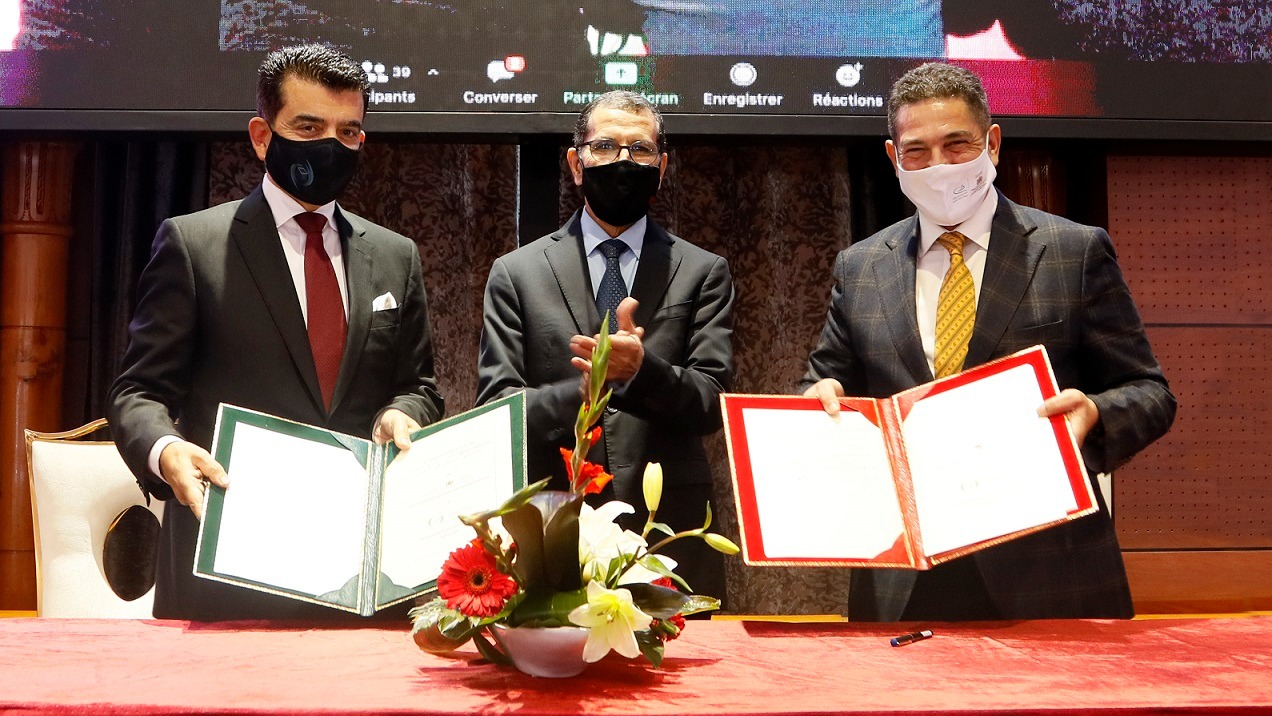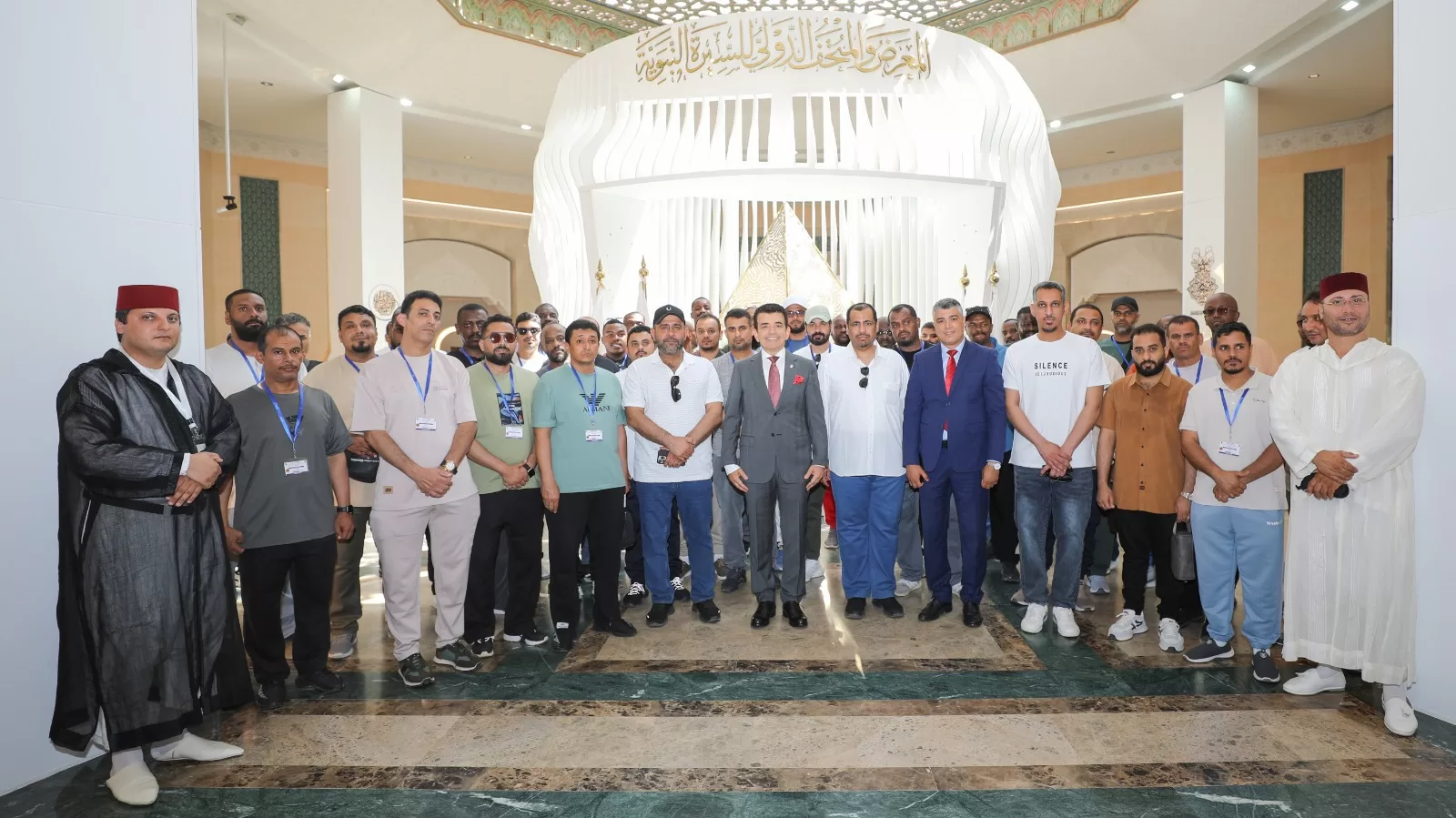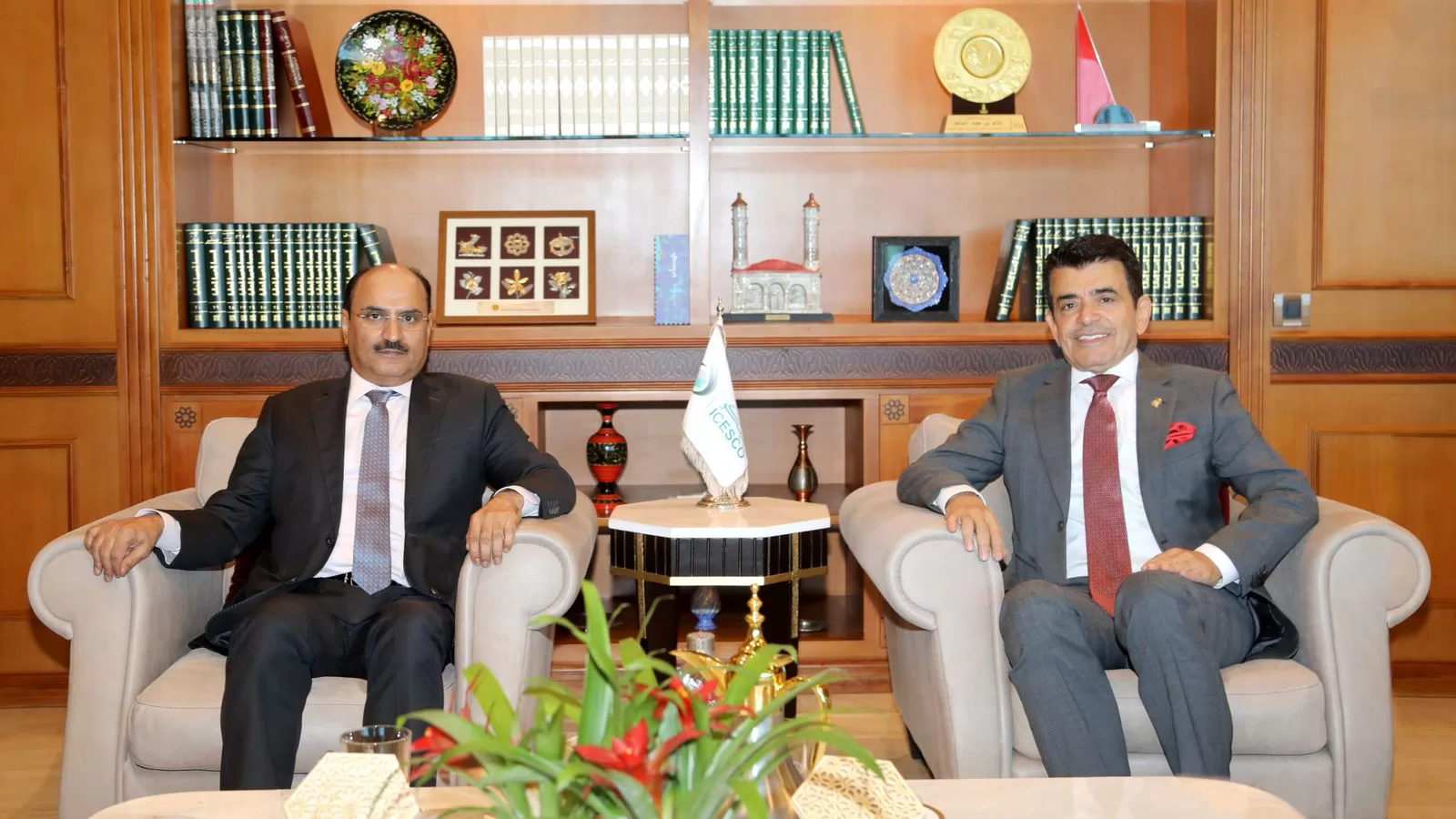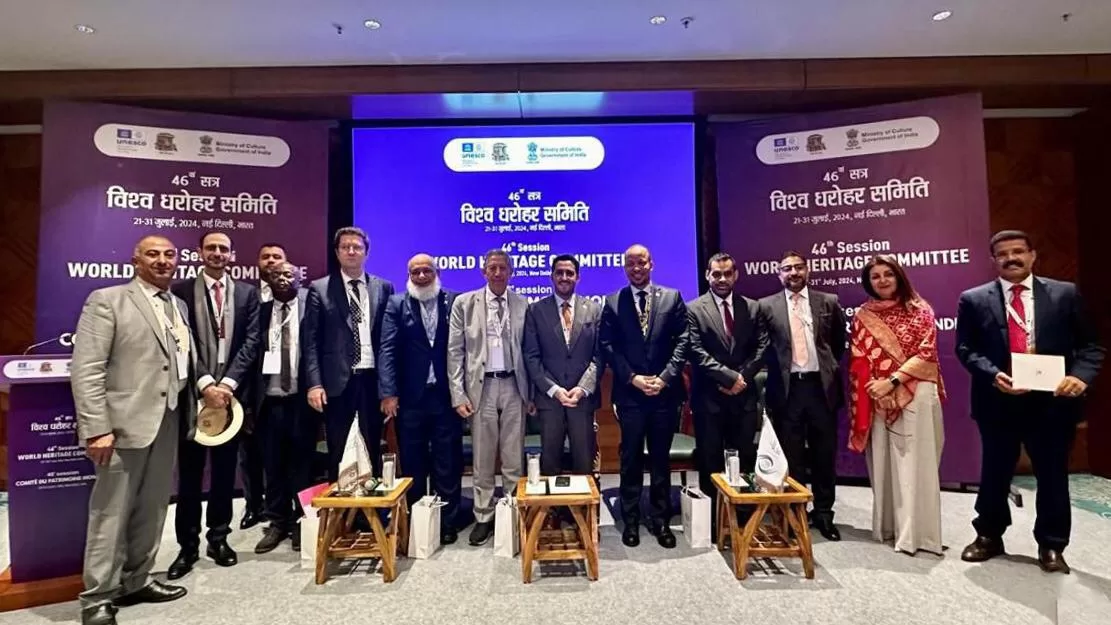
ICESCO and Moroccan Ministry of National Education Sign Contract to Prepare Model for Developing Primary Education

26 December 2020
The Islamic World Educational, Scientific, and Cultural Organization (ICESCO) and the Ministry of National Education, Vocational Training, Higher Education, and Scientific Research of Morocco signed a contract for consultative services and institutional support to implement a draft model for developing primary education in Morocco, with a total budget of USD 280,000, in partnership with the Islamic Bank of Development (IsDB).
Dr. Salim M. AlMalik, ICESCO Director-General (DG), and Mr. Said Amzazi, Minister of National Education, Vocational Training, Higher Education, and Scientific Research, President of the Moroccan National Commission for Education, Science and Culture, signed the contract at the close of the opening session of the Normal Session of the General Assembly of the Moroccan National Commission for Education, Science and Culture.

The General Assembly was held on Thursday, December 24, at ICESCO headquarters in Rabat, in the presence of Mr. Saaddine Othmani, Head of the Moroccan government, a host of ministers and officials from of the Moroccan government, and several international organization representatives.
The contract provides for ICESCO’s technical assistance in the preparation of a model for developing primary education in Morocco, with a grant from the IsDB to the Moroccan Ministry of Education. The contract aims to ensure ICESCO’s technical support to achieve mandatory access to education for students between the ages of four and 11, and integrate primary education as a mandatory level. It also aims to improve the ranking of student performance in national and international evaluations, through the preparation and application of an integrated model for developing primary education in two years.

Elements of the project include the following axes:
- Integrating primary education as a mandatory level;
- Facilitating the integration of persons with special needs in the educational system;
- Preparing a new pedagogical model for the benefit of students and educators;
- Preparing a new model for the governance and management of educational institutions;
- Preparing a new model to achieve equity and equal opportunities for access to primary education.



